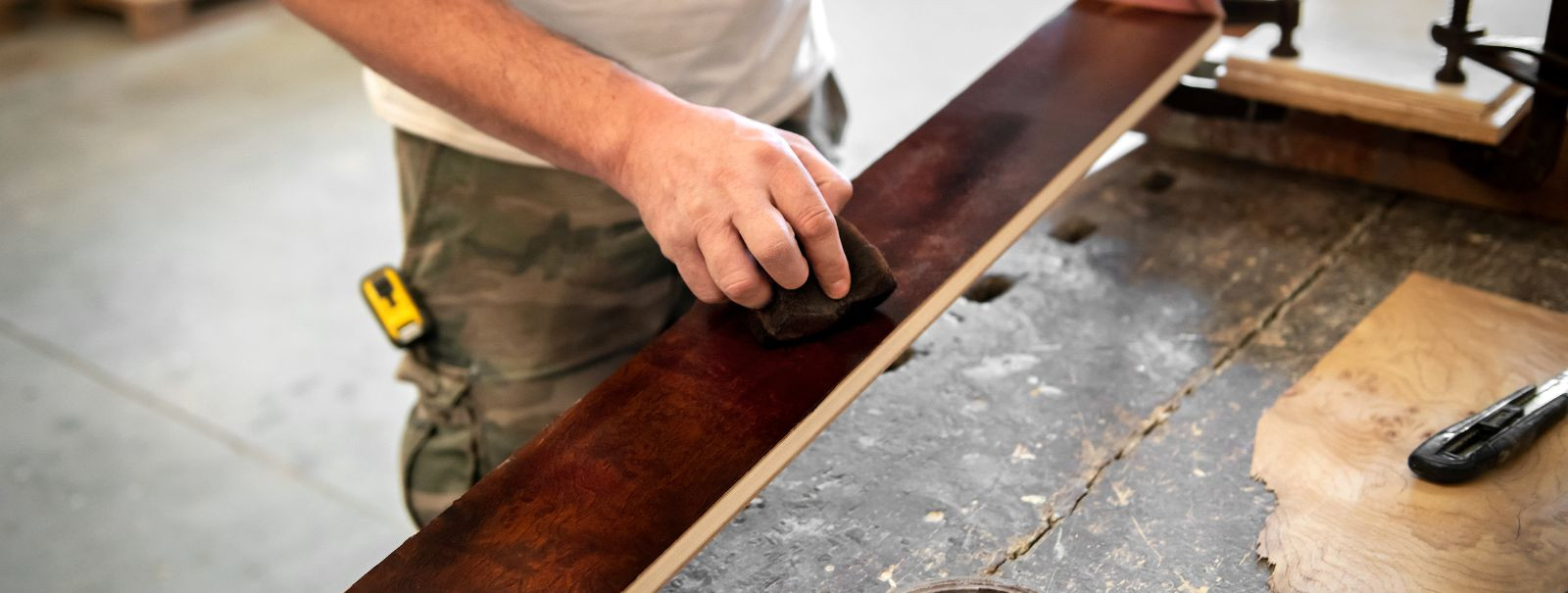Preserving the past: the art of heritage conservation
Heritage conservation is a field dedicated to the preservation, protection, and restoration of cultural heritage, including historical buildings, artifacts, and landscapes. It involves a range of activities from maintaining the structural integrity of buildings to preserving the original aesthetics and historical value.
Historical structures are tangible links to our past, providing insight into previous eras and the evolution of our built environment. They contribute to the character and identity of communities, serving as landmarks and sources of local pride.
The Challenges of Heritage Conservation
Heritage buildings are often susceptible to environmental factors such as climate change, pollution, and natural disasters, which can accelerate deterioration and pose significant challenges to conservation efforts.
The push for urban development can threaten historical sites, as the demand for modern infrastructure and housing often conflicts with the need to preserve the past.
Finding the right balance between using traditional materials and techniques and incorporating modern technology is a delicate task that requires expertise and sensitivity to the original design.
Best Practices in Heritage Conservation
Thorough assessment and documentation are crucial first steps in any conservation project, ensuring that all actions taken are informed and respectful of the property's historical significance.
Conservation often involves using traditional materials and techniques to maintain the authenticity of the structure while ensuring its longevity.
While preserving the past, it is also important to adapt historical buildings for contemporary use, integrating modern amenities in a way that does not compromise the building's heritage value.
The Role of Professionals in Heritage Conservation
Professionals in heritage conservation bring specialized knowledge in restoration techniques that are sympathetic to the original architecture and materials.
Conservation work must comply with local, national, and international legal frameworks and ethical standards to ensure that interventions are appropriate and sustainable.
Successful heritage conservation projects often involve collaboration between conservation professionals, property owners, government agencies, and the community.
Heritage Conservation as a Sustainable Practice
By preserving existing structures, heritage conservation contributes to environmental sustainability, reducing the need for new materials and the energy associated with new construction.
Heritage conservation can also have significant economic benefits, including tourism, job creation, and increased property values.
Conserved heritage sites serve as educational resources, allowing current and future generations to learn about history and culture firsthand.






Comments (0)